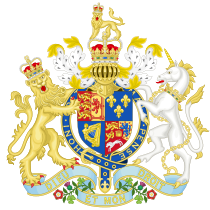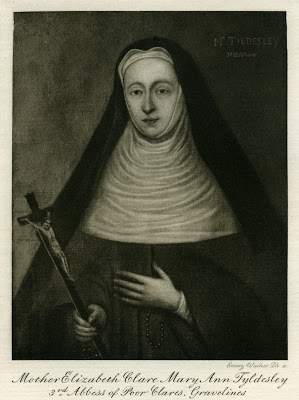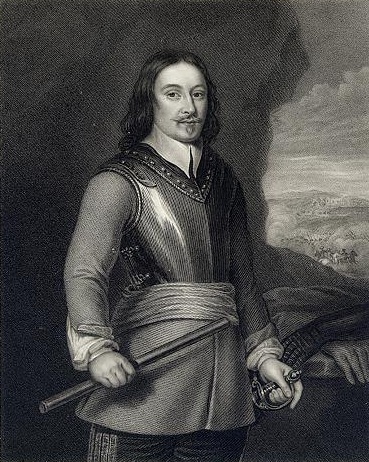Sir Thomas Tyldesley (1612 – 25 August 1651) was a supporter of Charles I and a Royalist commander during the English Civil War. He was born on 3 September 1612 at Woodplumpton, the eldest of the six children of Edward Tyldesley (1582–1621) of Morleys Hall
Morleys Hall, a moated hall converted into two houses on the edge of Astley Moss in Astley, Greater Manchester, England, was largely rebuilt in the 19th century on the site of a medieval timber house. , Astley, in the parish of Leigh and his wife Elizabeth Preston of Holker Hall. Intending to follow a career in law, he entered Gray’s Inn before becoming a professional soldier and serving in the Thirty Years’ War in Germany. He married Frances, elder daughter of Ralph Standish, in 1634, with whom he had three sons and seven daughters [1]
Tyldesley’s family were recusants
One of the Acts of Parliament collectively known as the Elizabethan Religious Settlement. It introduced a Common Book of Prayer, and obliged everyone to attend their parish church every Sunday and on holy days. Those who refused were known as recusants.; his grandmother arranged a pension for priest, the Benedictine martyr, Ambrose Barlow, so that he could carry out priestly duties, offering masses in secret in the homes of Catholics in the Leigh parish. Barlow was arrested at Morleys Hall during such a service.[2] His aunt, Elizabeth Tyldesley
Elizabeth Tyldesley (1585–1654) was a 17th-century abbess at the Poor Clare Convent at Gravelines. , was abbess of the Poor Clares at GravelinesConvent in the Spanish Netherlands (now in northern France), founded in 1607 by Mary Ward, a community of English nuns of the Order of St Clare. Commonly called the Poor Clares. in the Spanish Netherlands from 1610 to 1654. Thomas Tyldesley was extremely wealthy according to the lay subsidy rolls.[2] His annual landed income, mostly from tithes purchased from the Urmstons of Westleigh, was £2050 in 1641.[1]
Tyldesley served King Charles I as lieutenant colonel at the Battle of Edgehill, after raising Regiments of Horse, Foot and Dragoons, and at the desperate storming of Burton-on-Trent over a bridge of 36 arches, received the honour of knighthood. Afterwards he served in all three Civil Wars as a commander of some importance. He was present with Prince Rupert of the Rhine at the Bolton Massacre in 1644. He was Governor of Lichfield and followed the fortune of the Crown through the Wars of the Three Kingdoms and never surrendered to the Parliamentarians. He was killed in action on 25 August 1651 commanding as Major General under the Earl of Derby during the Battle of Wigan Lane.[2][3] He was buried in the Tyldesley Chapel at Leigh Parish Church.[1]

